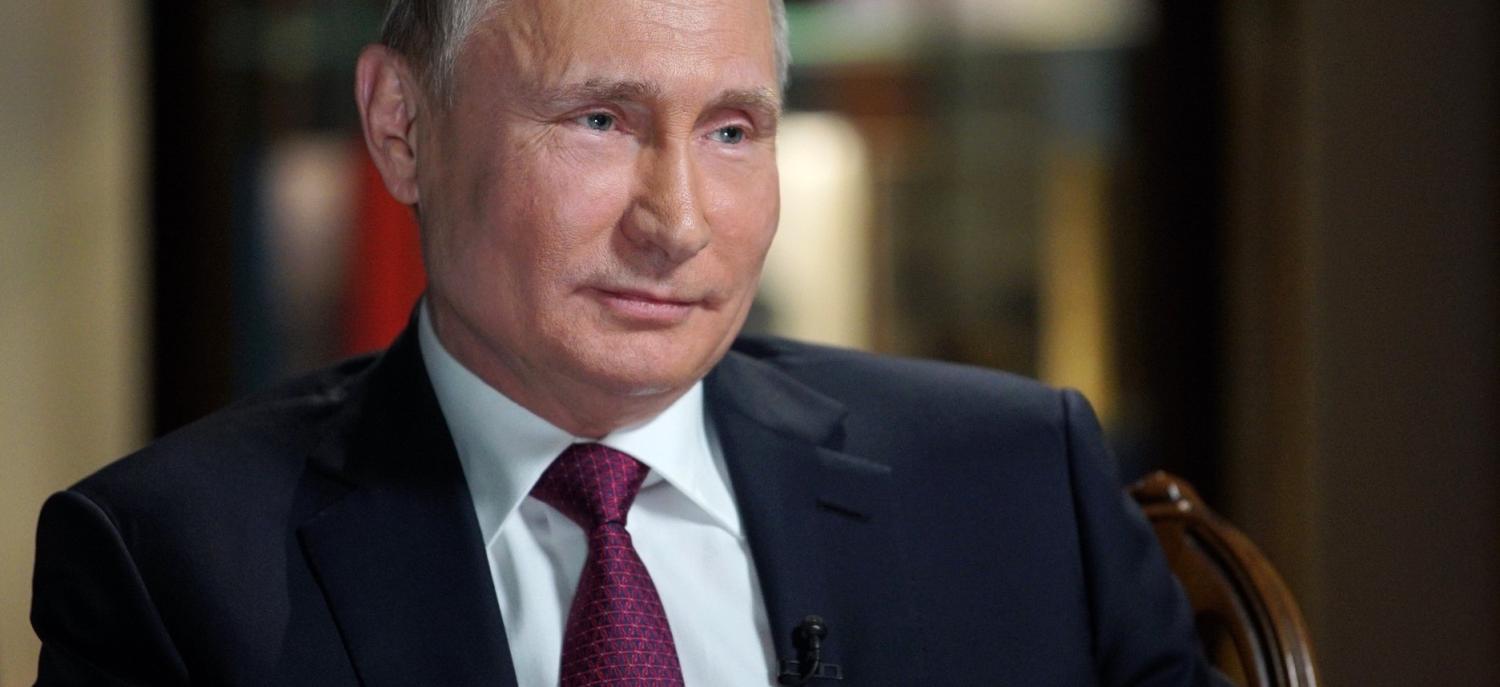Upon receiving confirmation that the UK had formally accused Moscow of poisoning Sergei Skripal, the former spy, as well as his daughter and 21 others, then US Secretary of State Rex Tillerson said it was almost beyond comprehension that a state would act this way.
Unfortunately, this statement reflected a continuing Western inability to comprehend Putin’s Russia and its mentality.
Such acts have long characterised the behaviour of Russia’s security services, and will continue to do so as long as they retain their current status and power. First, Vladimir Putin’s family comes from the “organs”, as he himself has implied. His grandfather was Lenin’s and Stalin’s cook for several years in the 1920s, and he has been imbued with their ethic for all of his life.
That ethic merits careful scrutiny. Since its inception as a state, Russia has always had secret services and often, as under Ivan the Terrible and arguably today under Putin, the services constituted a state within the state. Loyalty to the Tsar or president and the state was not merely a legal or hierarchical submission to rulers. Instead, for the secret services, as for much of the Russian elite since the origins of Russian statehood, the state and state power have been invested with mystical, even sacred qualities.
Not by coincidence, Russian Tsars and Soviet rulers presided over a caesaropapist structure in which the leader was also the head of the church, be it Russian Orthodoxy or Leninism. For the secret police under the latter Tsars, just as under the latter Soviet rulers, the ethos quickly grew that they alone truly upheld the state and its interests.
Despite the wholly self-serving nature of this outlook, it appears to penetrate the elite today – and not only Putin – even as they steal billions to move offshore. This cult of the state and of the heroic security services resolutely warding off never-ending attacks from devious and treacherous foreigners is deeply imbued with the equally sacred idea of Russia as a great power.
Under the circumstances, it is not difficult to believe that the state must be organised to prevent any manifestation of subversion or penetration by the enemy, whose efforts are constant and ubiquitous.
Hence the need for a state structure that is actually a giant counter-intelligence structure in permanent operation. Stalinism functioned this way, as did East Germany where Putin served, and Leonid Brezhnev’s Soviet Union. Intelligence in these states not only meant acquisition of information but also unremitting efforts to penetrate domestic society, subvert foreign governments, and repress any shadow of dissent.
It is not surprising that these intelligence services imbued their members with a strong and enduring esprit de corps. This combines with a hatred of betrayal and “traitors”, as well as a traditional vindictiveness and even sadism towards enemies, seen recurrently in these organisations from Ivan the Terrible through to Stalin. These facts and the sources to study them are readily available to experts on Russia, or to anyone who cares to find them.
It is then a measure of the dereliction of our intelligence services and governments that they have not grasped the nature of the Russian state or the challenge it presents. The absence of an ability to comprehend this radically different Russian cognitive universe helps indicate why for Tillerson and many others the poisoning of Skripal – which makes excellent sense to the Federal Security Service of the Russian Federation and Putin – is incomprehensible. It also explains why they are still looking for motives, even after the British Government formally accused Moscow of this action.
Moscow has a ready-made motive to hand at all times – not only to persecute traitors but also to demonstrate it can act as a great power abroad, with impunity. Russia is simultaneously demonstrating its enemies’ weakness and Putin’s resolution and fortitude.
As I’ve observed previously, this action is only one of a series of ongoing aggressive Russian probes of the West. Expelling diplomats is not a sufficient answer to the fact that Moscow is a sponsor and conductor of terrorism, and has just waged a chemical warfare attack on foreign nationals without any provocation whatsoever.
Moreover, to judge from its responses to the British accusations, Russia’s typical answers are only more threats and implausible denials. Implicit in this is the message that not only did they do it, but they are ready to do it again because no one is strong enough to stop them.
Is this really the impression we want to leave behind in Moscow, or impart to its counterintelligence state?

